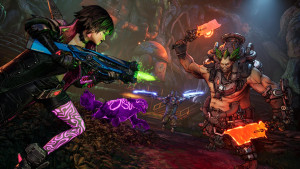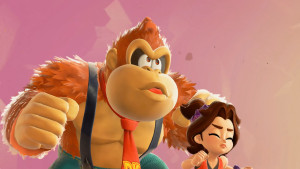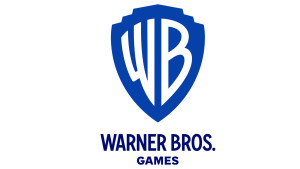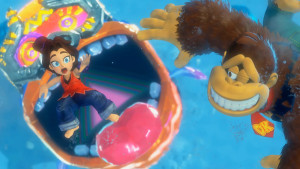Last chance for early bird pricing! Subscribe by June 25th to receive the debut issue
[Update] Razer Details How Developers Can Get Owed Ouya Funds
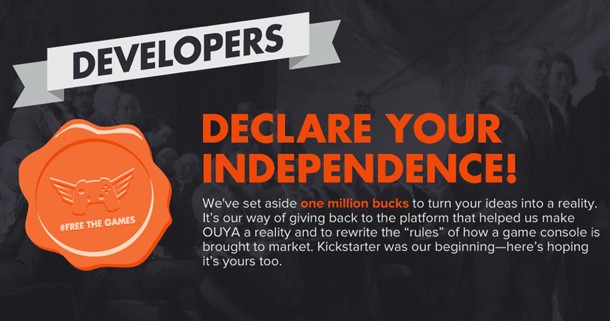
Update - 8:26 p.m. Central on July 28: Razer has provided information to Game Informer detailing how it will handle the outstading $620,000 of Free the Games funds owed to developers. While there are stipulations, Razer is working to find a solution that is both equitable to developers and the company, which has no obligation to fulfill Ouya's outstanding commitments.
Developers will need to sign a publishing agreement with Razer's new Ouya platform. There is no exclusivity required, and developers will be able to distribute their game to all Android platforms, including Google Play.
However, developers will be required to provide an equitable value of games for free on the Cortex TV platform. The example provided suggests that if a developer receives $10,000 for a game ultimately sold for $1 on the store, 10,000 copies will need to be available for giveaway.
Razer is careful to reiterate that it only acquired certain assets previously owned by Ouya, a now defunct corporation. Just as Ouya's obligations did not transfer to the company, neither did legal arrangements. This explains why developers will need to sign new agreements.
Our Take (Updated)
This is a smart move by Razer as it should earn the company good will in the development community. The revised arrangements also favor developers, who would only be hurt by exclusivity on the nascent platform.
This also gives Razer a way to start building a usership for Cortex with $620,000 worth of games to give away (assuming all developers sign new agreements). There aren't many ways this could have ended better, as Razer was under no obligation to pay out anything.
Update - 4:30 p.m. Central on July 28: Razer has decided to quieted the storm surrounding Ouya's failed Free the Games program. The company has made a good will gesture toward affected developers and, in the process, cleared the Ouya brand which it purchased of some recent bad press.
As we recently reported (see below), Ouya's closure meant that developers were losing any outstanding funds owed from the incentive program. Razer has decided to fulfill the remaining obligations from the $1 million program.
According to a report on Polygon, Razer CEO Min-Liang Tan has decided to close the approximately $600,000 gap left by Ouya's demise. The company has no financial or legal obligations to do so, as it only purchased select assets and did not assume any outstanding Ouya liabilities, including those tied to the Free the Games program. We've reached out to Razer for more information and will update should we receive a response.
Original Report - 3:45 p.m. Central on July 28:
The writing was on the wall for Ouya for a number of months leading up to yesterday’s announcement of a partial asset buyout by Razer. While the Ouya name will live on, only its technical and developer relations staff remain onboard. Hardware and outstanding company commitments have ceased to exist.
One such commitment was the troubled Free the Games program that was designed to lock up timed exclusivity in exchange for cash incentives. According to a report by Motherboard, a number of developers are out thousands of dollars.
Because of a clause in the contract, there’s nothing they can do about it either. Ouya included a section that gives the company an out from its obligations in the case of bankruptcy or insolvency.
Motherboard reports that Ouya informed developers via Skype rather than put notification in writing. The report also alleges that Ouya implored developers not to speak with press.
Razer has no commitments to those developers, as it did not acquire the Ouya corporation, just some assets (its Android storefront) and the brand name. Razer intends to integrate its new acquisition with the Forge TV Android microconsole.
For more on the acquisition and Razer’s plans for its new assets, please read our previous coverage.
[Source: Motherboard]
Our Take
This is an unfortunate situation for the developers who put their trust in Julie Uhrman and Ouya. The contract (as reported) seems to cover the exact contingency that Ouya went through as it scrambled to find a buyer, which means there is little recourse for those anticipating funds.
Razer carries no obligation to those developers, but should it choose, it could earn some good will. That is something entirely optional though, and no one impacted should have any expectations.
